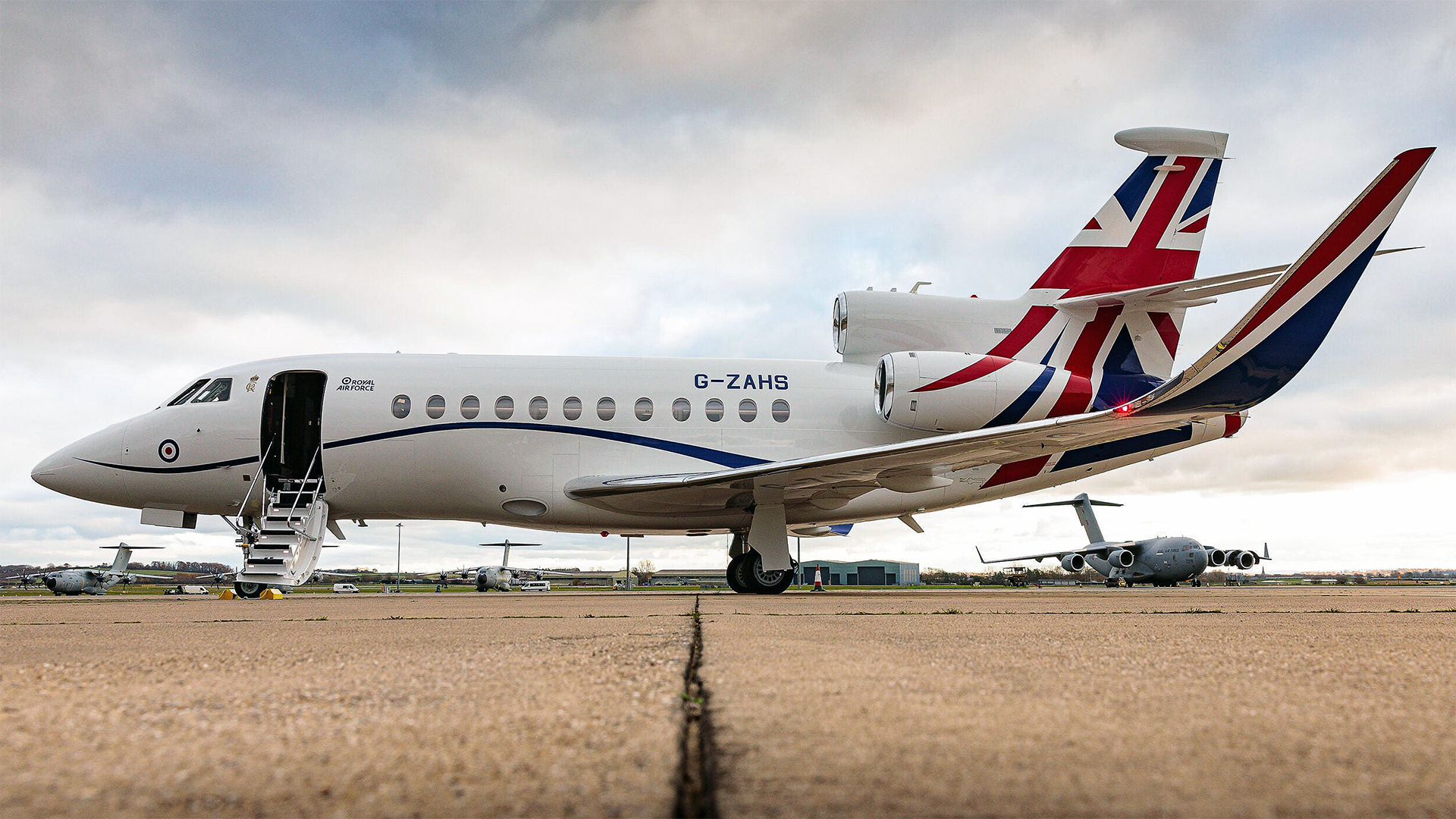U.K. authorities have confirmed that a Royal Air Force Dassault 900LX business jet transporting Grant Shapps, the U.K. defense secretary, recently experienced GPS jamming while flying near Russia’s Kaliningrad enclave. Russia has a known history of performing electronic warfare attacks in Europe and elsewhere around the globe, impacting both commercial and military aircraft, including uncrewed systems, as well as shipping. But it’s not clear if the Royal Air Force jet was specifically the intended target, or if it just passed through an area where a broad GPS disruption operation was focused, which is not uncommon in the area.
The Times of London was the first to report on the electronic warfare attack, which occurred on March 13 following a one-day visit by Shapps to Orzysz, northeast Poland. There, the secretary met with Polish Defense Minister Wladyslaw Kosiniak-Kamysz at a military training site, alongside Polish and British troops currently participating in Exercise Steadfast Defender 24, NATO’s largest military exercise since the Cold War.

During a speech given at the training site, Shapps called for the U.K. to raise its defense spending from the current 2.27 percent of gross domestic product (GDP) to 3 percent in light of the “more dangerous world” we live in. On the conflict in Ukraine specifically, he said of Putin: “All that needs to happen to resolve this is he needs to drive back east and get out of a democratic country that he decided to invade two years ago. And that is the way to bring this whole thing to a conclusion.”
Beyond his comments made on March 13, Shapps has been open about the threat posed by Russia to both the U.K. and Europe broadly in the past.
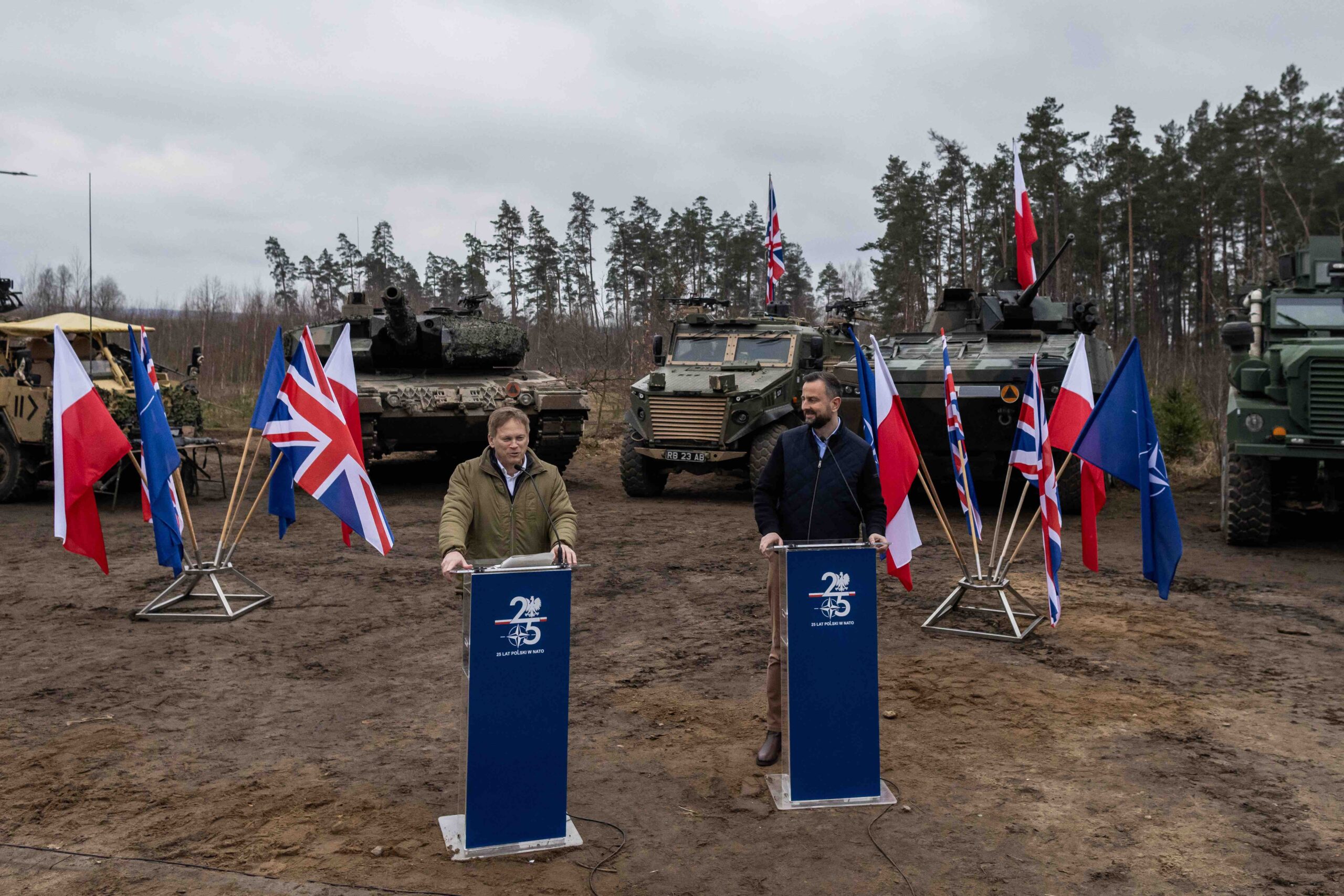
As for the aircraft involved, the Dassault 900LX, known as Envoy IV CC Mk1 in RAF service, is one of two Dassault 900LXs tasked with transporting military and diplomatic personnel around the globe, and can carry a total of 14 passengers. They were purchased to replace the RAF’s BAe146 which went out of service in March 2022, and are military-owned and tasked, but civilian-registered. Come April 1, they will transition to being fully military registered and operated.
A spokesperson for the U.K. Prime Minister Rishi Sunak confirmed to The Guardian that the Dassault 900LX experienced the disruption near Kaliningrad in Russia as it was returning to the U.K. Alongside the secretary, journalists from various media outlets, including The Times, were onboard the aircraft as part of Shapps’ delegation.
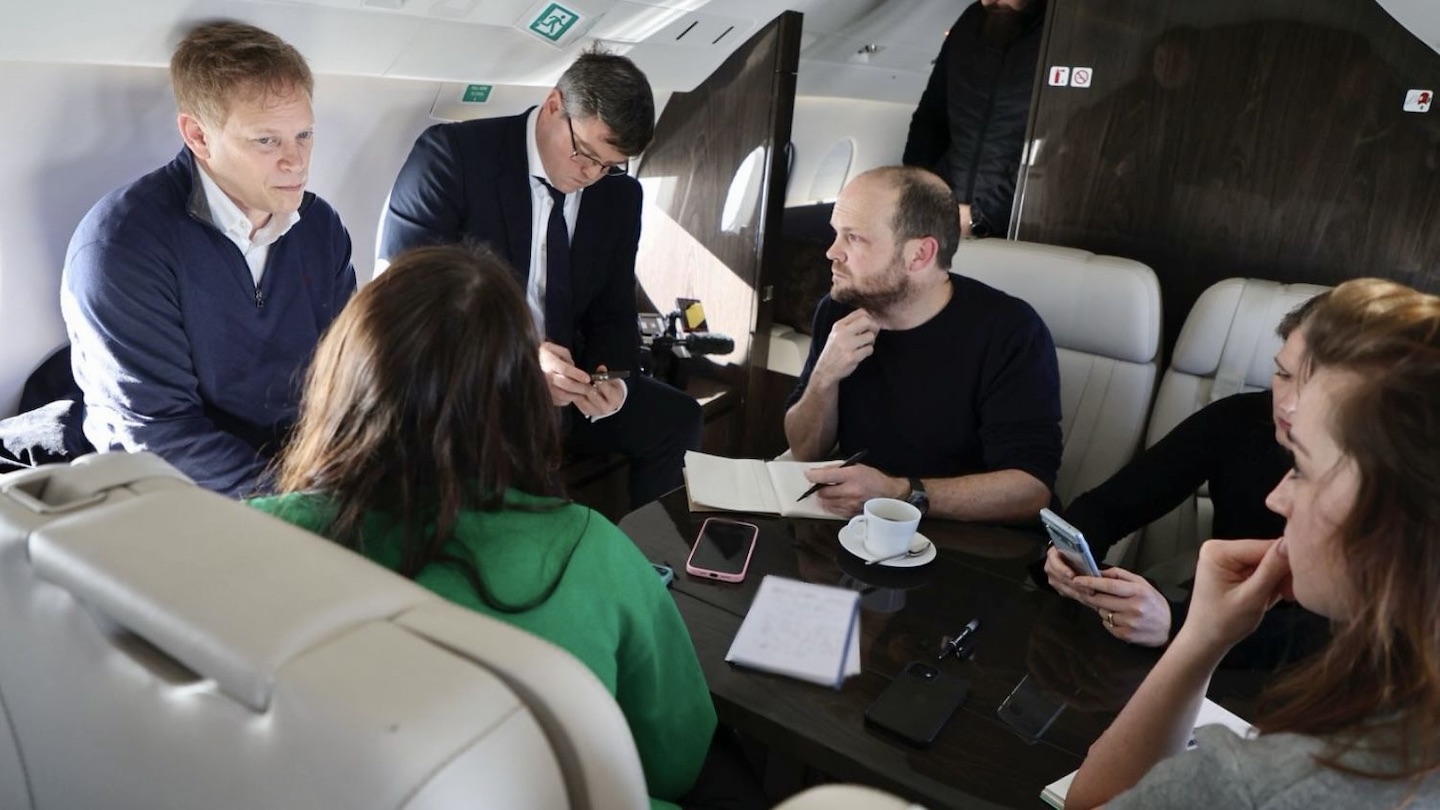
The jet “temporarily experienced GPS [Global Positioning System] jamming when they flew close to Kaliningrad,” while “traveling back from Poland,” Sunak’s spokesperson said. A highly strategic Russian enclave on the Baltic Sea that is geographically separated from greater Russia, Kaliningrad is home to major military capabilities, and is located less than 200 miles from Orzysz.
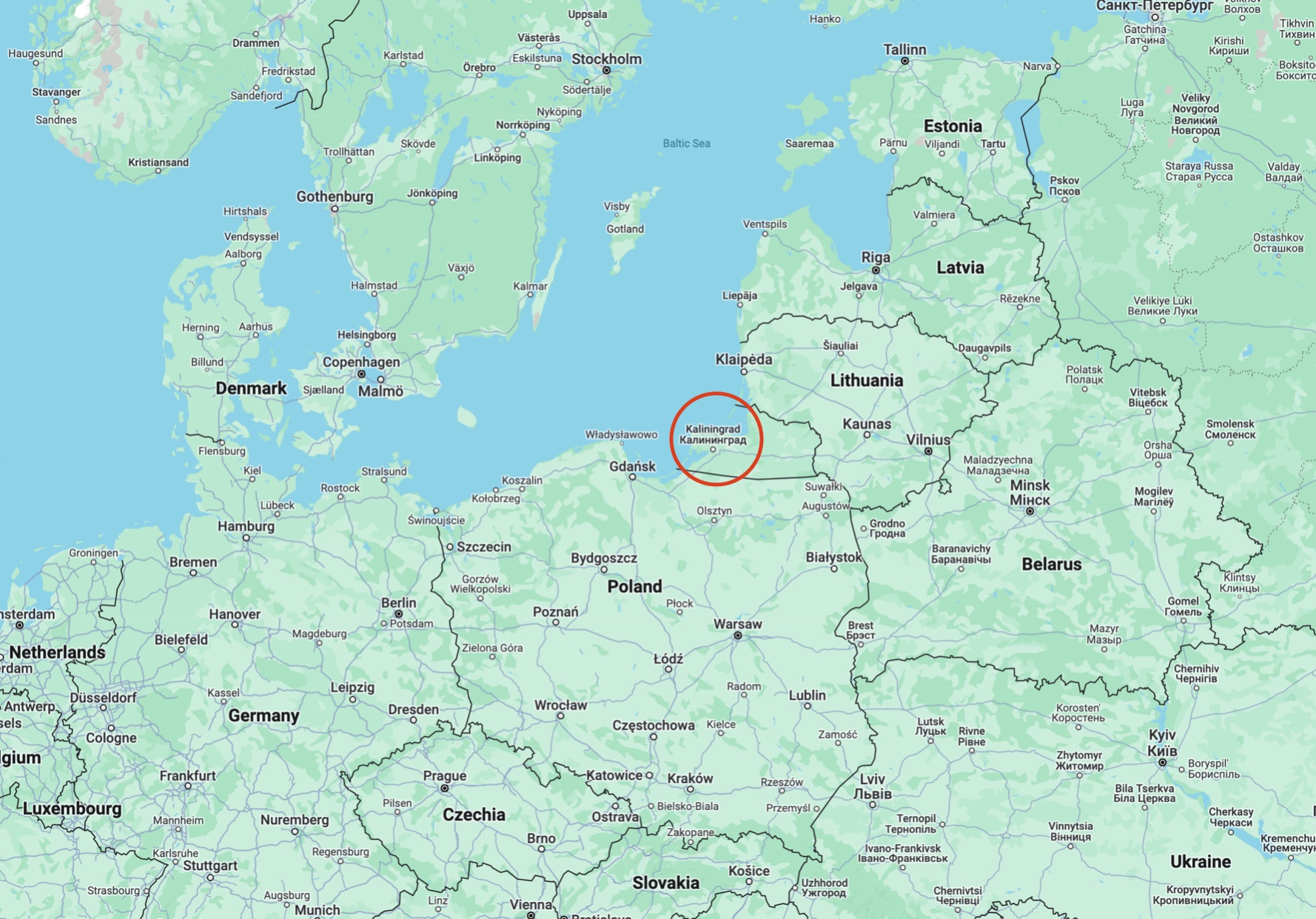
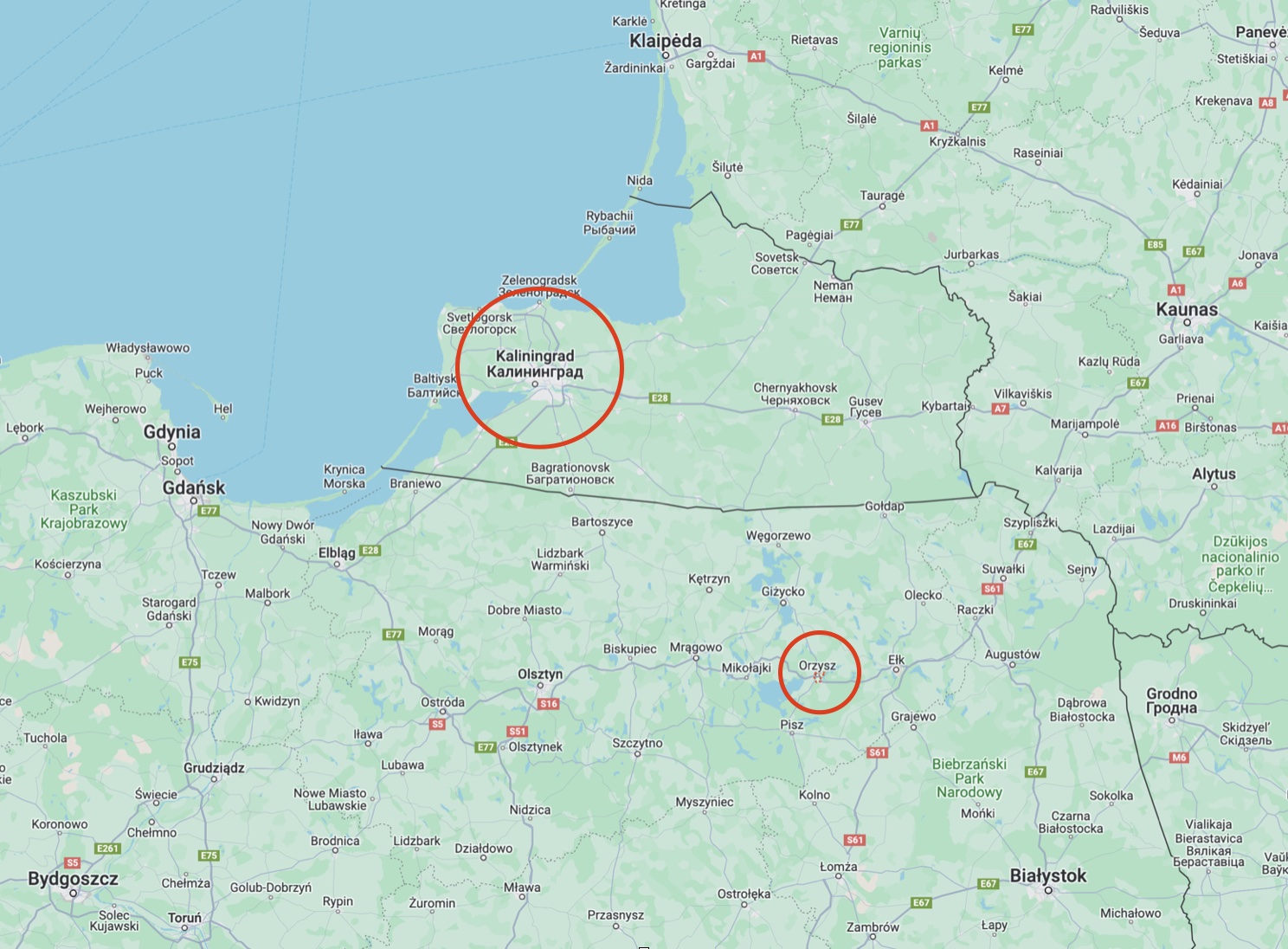
During the attack, GPS connectivity was interfered with for around 30 minutes, and alternative means of determining the jet’s location had to be used. While GPS is near-universally utilized for accurate aviation navigation, aircraft have redundant systems if the GPS is lost and flight crews are trained to navigate by other means. Passengers onboard also temporarily lost internet connectivity. However, Sunak’s spokesperson noted that this “didn’t threaten the safety of the aircraft.”
Danielle Sheridan, defense editor for The Telegraph newspaper, who was also a part of Shapps’ delegation, reports that an initial, ostensibly shorter, electronic warfare attack on the aircraft was experienced on the morning of March 13 as it flew close to Kaliningrad en route to Orzysz.
As mentioned in the intro of this article, it’s critical to note that GPS jamming can be executed over a broad area. So it is difficult to ascertain with any degree of certainty whether Shapps’ aircraft was specifically targeted and the U.K. has offered no evidence that directly points to that being the case. Still, its flight path would have been easily tracked via Russian radar and visible on flight-tracking websites.
It has also been pointed out that a very large number of other aircraft — some 511 according to open-source intelligence analyst Markus Jonsson — were also jammed on the same day in the region. Jonsson has also questioned the likelihood of jammers being directed against individual planes in a targeted fashion.
While the precise origin of the attack, or attacks, can’t be identified with complete certainty, it is “not unusual for aircraft to experience GPS jamming near Kaliningrad, which is of course Russian territory,” Sunak’s spokesperson further noted. Kaliningrad is heavily militarized and, according to reports, boasts multiple known and strongly suspected fixed electronic warfare sites, which have been increasingly interfering with GPS signals in the Baltic region, and Europe more widely, as of late.
It should also be noted that Russia possesses a wide array of portable, vehicle-mounted electronic warfare systems, too. These are not only capable of jamming GPS signals, but can also emit false information. This includes “spoofing” GPS signals, potentially sending aircraft off their intended trajectory. This could in fact be more dangerous than GPS jamming as it can be more insidious; with crews potentially being led to believe they might be in different locations.
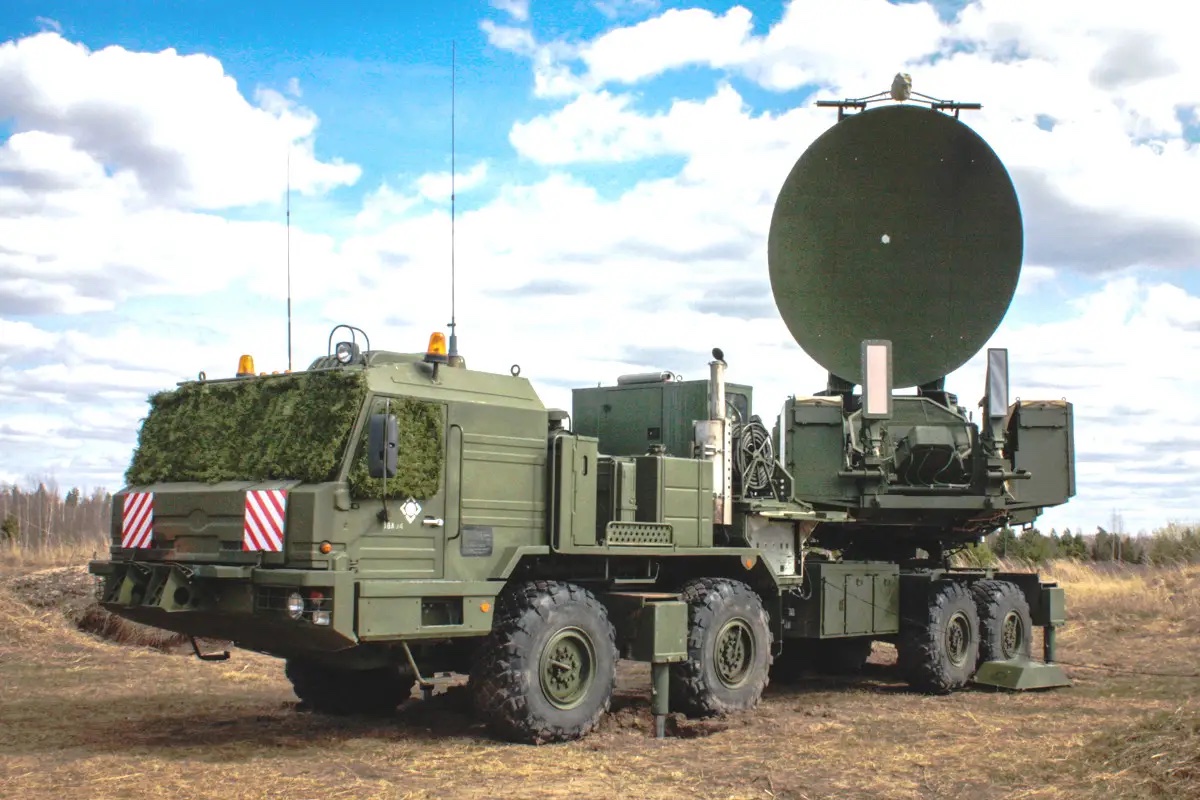
“Ostensibly what the Russians are trying to do is protect their own assets in these areas, primarily to protect deployments, bases, troop concentrations and even strategic targets within Russia against satellite navigation-guided weapons,” Dr. Thomas Withington, an expert on electronic warfare and contributor to The War Zone, told The Times.
Of course, the RAF has experienced similar electronic warfare attacks, most likely orchestrated by Russia, that have attempted to jam the GPS navigation systems of its aircraft in the past. As we’ve reported previously, transport aircraft flying out of RAF Akrotiri in Cyprus in the eastern Mediterranean have had to negotiate such attacks. Aside from U.K. military aircraft, Russia has been conducting numerous electronic warfare attacks against its adversaries in recent years, notably involving U.S. aircraft, which you can read more about here and here.
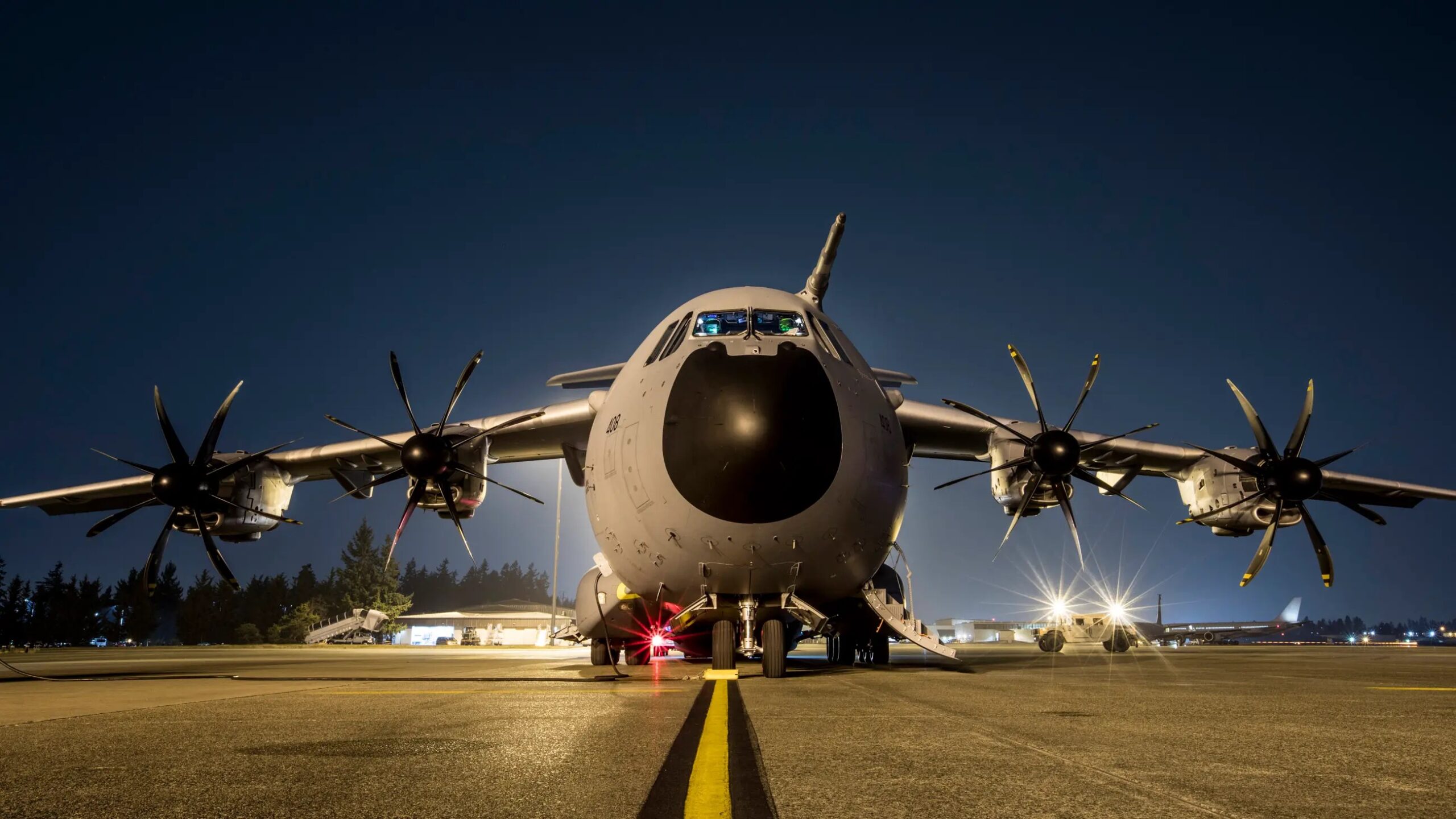
While nobody was apparently in immediate danger aboard the Dassault 900LX on March 13, this is not to say that the incident wasn’t potentially dangerous. Given Shapps’ high profile within both U.K. and European politics, the incident has once again shined a light on pertinent safety concerns surrounding Russian electronic warfare attacks.
“… the problem is [that] Russian behavior is having consequences beyond protecting potential targets by disrupting aviation and this is a serious cause for concern,” Withington said to The Times. “It is deeply irresponsible.” A separate defense source similarly told the outlet that such attacks put “an unnecessary risk on civilian aircraft and could potentially endanger people’s lives. There is no excuse for this and it’s wildly irresponsible on Russia’s part.”
If anything else, the incident draws attention to Russia’s growing electronic warfare capabilities and its willingness to persistently disrupt GPS connectivity in a critical region.
Contact the author: oliver@thewarzone.com
